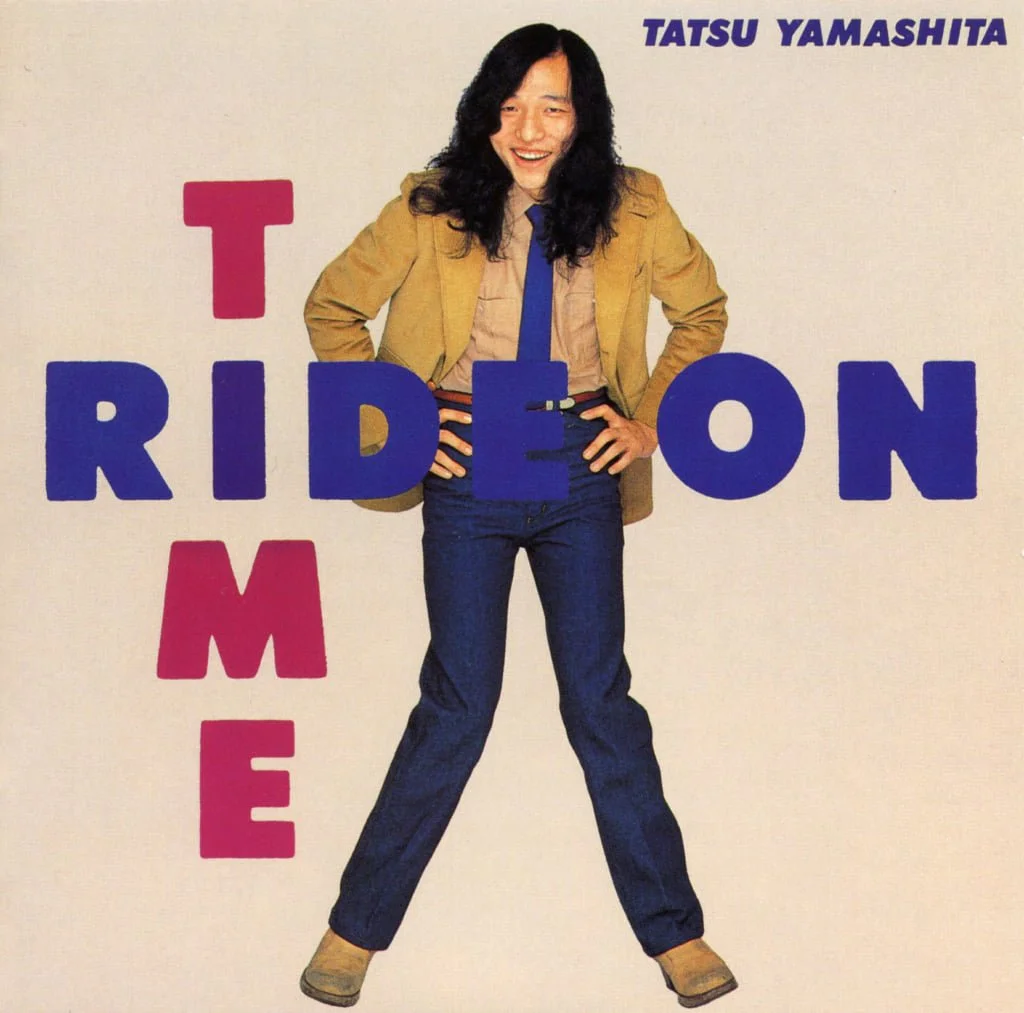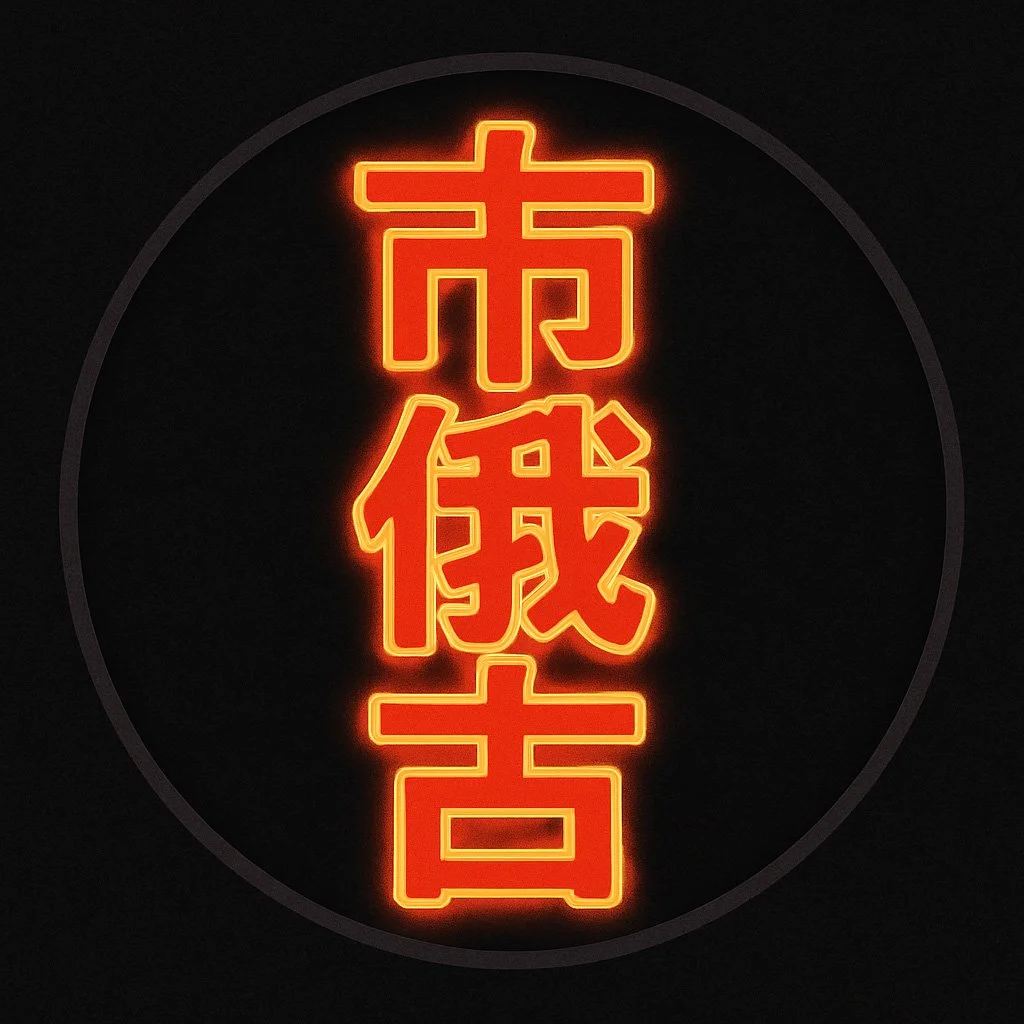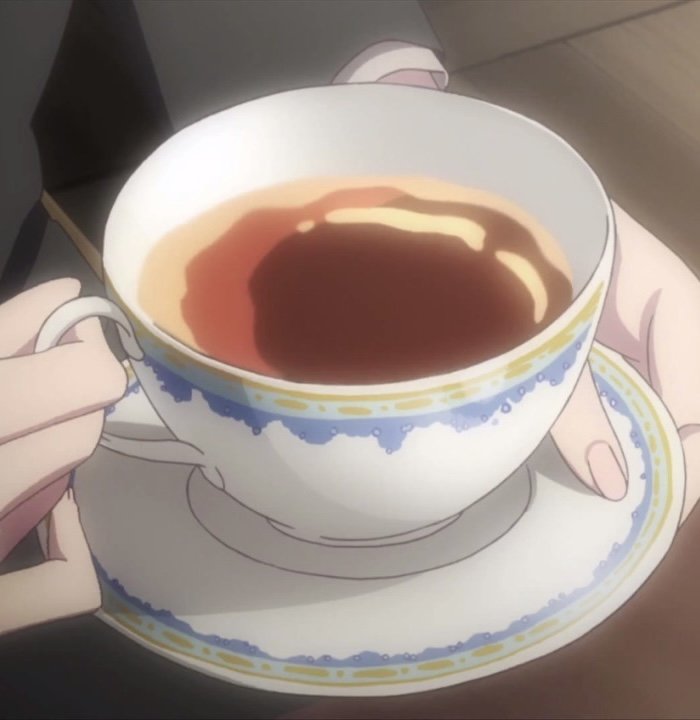How Tatsuro Yamashita Became Known as The King of City Pop
How Tatsuro Yamashita Became Known as the King of City Pop
When I first began exploring City Pop in a serious way in 2016, I really didn't think that something I said on a podcast could ripple out into the wider conversation about the genre. In 2016 there were no city pop groups or pages online, if you wanted to learn about the artists it took actual research, not pintest boards or tiktoks. In 2020, I started a City Pop podcast to dig into the music and stories that fascinated me, and one of the early episodes was a talk with my friend Yuki Tasaka about Tatsuro Yamashita. At the time, Yamashita was already a legendary figure in my mind, the kind of artist who carried the weight of an entire era. During our conversation, I called him the “King of City Pop.” It felt true to what I believed, even if I did not know how far that phrase would travel. Keep in mind there was no official ‘City Pop’ genre before 2016, atleast not as we know it today. My YouTube mixes were the first to start calling it City Pop, and I dare anyone to find someone making these mixes before me.
That episode was not just casual talk or discord jibber-jabber from people who just stumbled onto the music. We spent time going through his first six studio albums, from Circus Town and Spacy all the way to For You. Each of those records holds its own story, and each carries part of the DNA of what we now call City Pop. For me, listening to his music was like walking through a city at night when all the lights are on and everything feels alive. I wanted to put that feeling into words, and “King of City Pop” seemed like the simplest way to honor it. Wether or not anyone called him that before me is irrelevant, what matters are citations, and mines are there. I don't make the rules, I just work here :)
A year later, in 2021, something unexpected happened. Cat Zhang, a writer for Pitchfork, published a long feature on City Pop. Her article was one of the first major pieces in English to really capture the strange afterlife of Japanese pop music online, from YouTube recommendations to the playlists that carried these songs across the world. When I read it, I was surprised to see my podcast used as a source. She cited the episode I did with Yuki and referenced my use of the phrase “King of City Pop.” That moment felt like confirmation that the conversations we were having in small corners of the internet were beginning to enter the mainstream.
Over the next few years, the title spread in ways I could never have planned. To understand this you’d have to have been into the style for more than a few months like alot of people are who think they’re experts. Fans began repeating it, articles picked it up, and slowly the phrase became a part of the larger story surrounding Yamashita. It was not something handed down from record labels or critics back in the 1980s. It was something that grew organically out of the revival, out of the rediscovery of this music by people who felt a personal connection to it.
The Endless Life Cycle of City Pop by Cat Zhang
Now in 2025, if you search for Tatsuro Yamashita on Wikipedia, you will see it there in plain text: “King of City Pop.” The same words I first said into a microphone during that podcast are now used as the reference for this title. To me, this shows how culture evolves in real time. What begins as a personal statement can take on a life of its own once it resonates with others. I know this befuddles people who can’t comprehend cultural nuance. I feel sorry for those types, honestly, but maybe they should stick to yogurt for their cultures instead.
I think about this often. City Pop was once dismissed as background music for Japan’s bubble era, yet today it has been reimagined and revalued by a global audience, becoming over-saturated online and at risk of losing it's charm. For those who were not alive during the years when these records first came out, the music has become a bridge into a time they never knew. In that sense, giving him the crown of “King” is not just about his skill as a musician, it is about how deeply his work embodies the spirit of City Pop itself, however chintzy it feels given he most probably hates it.
Tatsuro Yamashita’s Wikipedia Entry
There you have it. It’s a matter of fact, as much as some would try desperately to discredit me, they could never. Looking back, I feel grateful to have been part of that moment. It reminds me why I started the podcast in the first place. City Pop deserves to be remembered not as a fad, but as a serious part of musical history, one that continues to inspire new listeners every day. Calling Tatsuro Yamashita the King of City Pop was my way of honoring that truth. Seeing those words now immortalized feels like a circle completed.






























